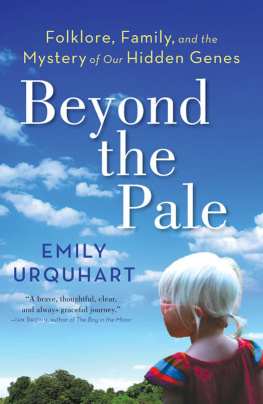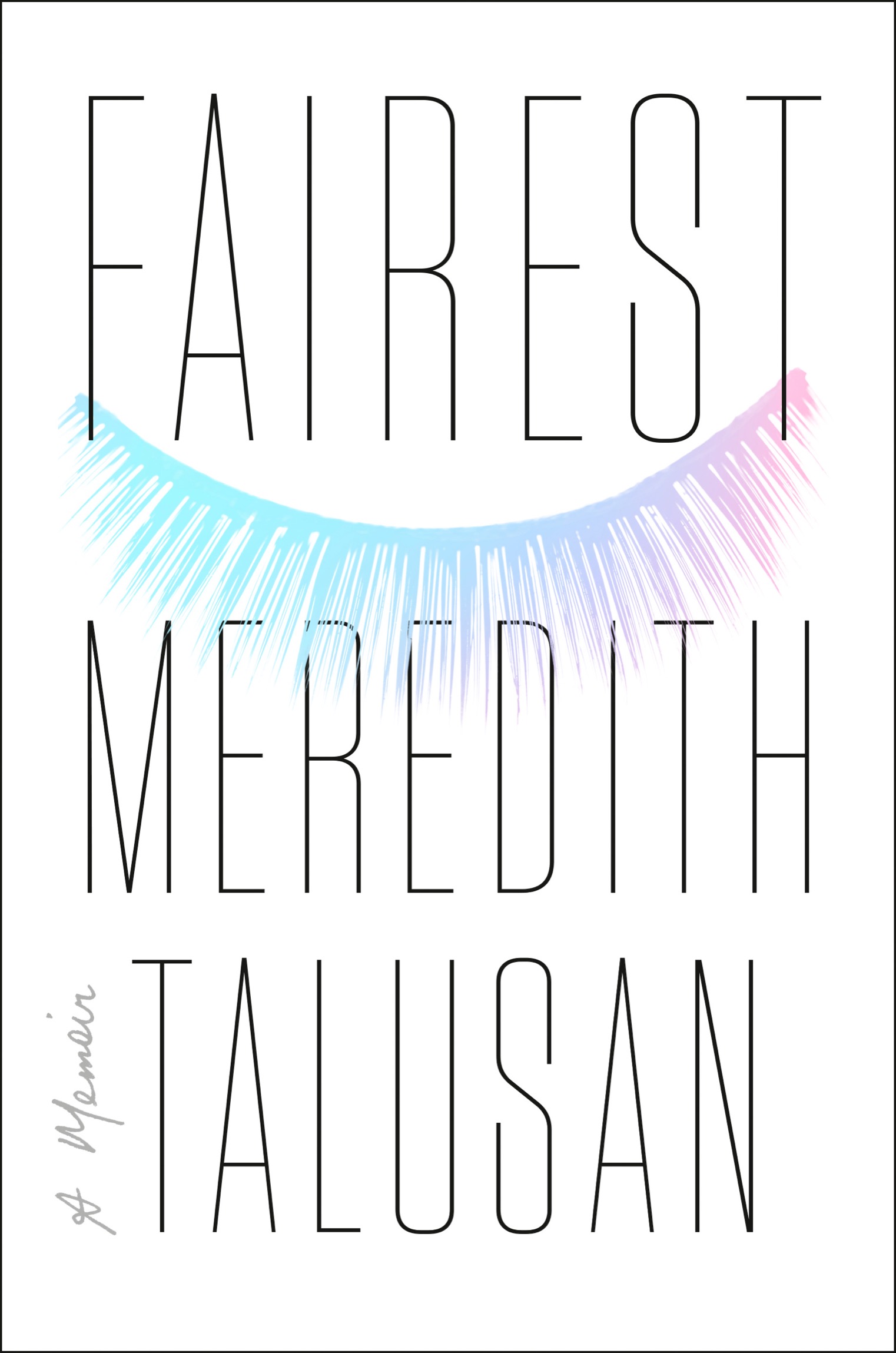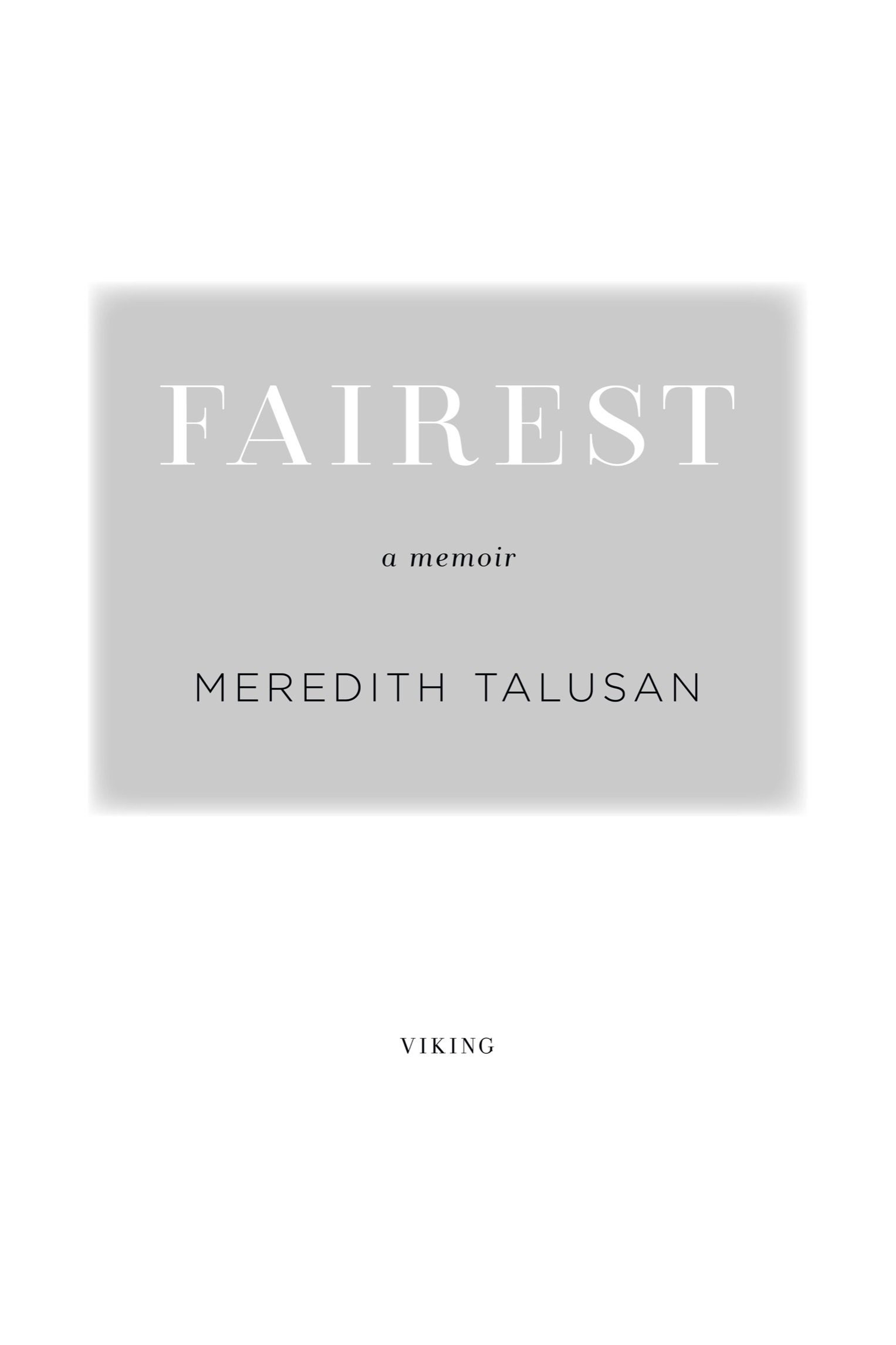Meredith Talusan - Fairest: A Memoir
Here you can read online Meredith Talusan - Fairest: A Memoir full text of the book (entire story) in english for free. Download pdf and epub, get meaning, cover and reviews about this ebook. year: 2020, publisher: Viking, genre: Non-fiction. Description of the work, (preface) as well as reviews are available. Best literature library LitArk.com created for fans of good reading and offers a wide selection of genres:
Romance novel
Science fiction
Adventure
Detective
Science
History
Home and family
Prose
Art
Politics
Computer
Non-fiction
Religion
Business
Children
Humor
Choose a favorite category and find really read worthwhile books. Enjoy immersion in the world of imagination, feel the emotions of the characters or learn something new for yourself, make an fascinating discovery.
- Book:Fairest: A Memoir
- Author:
- Publisher:Viking
- Genre:
- Year:2020
- Rating:3 / 5
- Favourites:Add to favourites
- Your mark:
Fairest: A Memoir: summary, description and annotation
We offer to read an annotation, description, summary or preface (depends on what the author of the book "Fairest: A Memoir" wrote himself). If you haven't found the necessary information about the book — write in the comments, we will try to find it.
Fairest is a memoir about a precocious boy with albinism, a sun child from a rural Philippine village, who would grow up to become a woman in America. Coping with the strain of parental neglect and the elusive promise of U.S. citizenship, Talusan found childhood comfort from her devoted grandmother, a grounding force as she was treated by others with special preference or public curiosity. As an immigrant to the United States, Talusan came to be perceived as white. An academic scholarship to Harvard provided access to elite circles of privilege but required Talusan to navigate through the complex spheres of race, class, sexuality, and her place within the gay community. She emerged as an artist and an activist questioning the boundaries of gender. Talusan realized she did not want to be confined to a prescribed role as a man, and transitioned to become a woman, despite the risk of losing a man she deeply loved. Throughout her journey, Talusan shares poignant and powerful episodes of desirability and love that will remind readers of works such as Call Me By Your Name and Giovannis Room. Her evocative reflections will shift our own perceptions of love, identity, gender, and the fairness of life.
Meredith Talusan: author's other books
Who wrote Fairest: A Memoir? Find out the surname, the name of the author of the book and a list of all author's works by series.

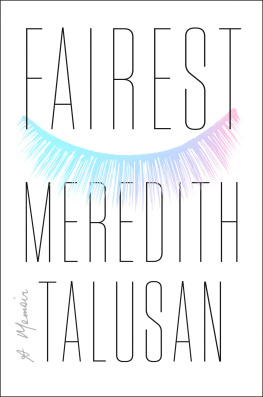
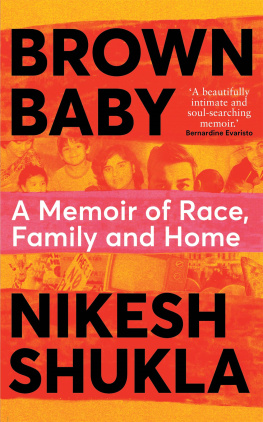

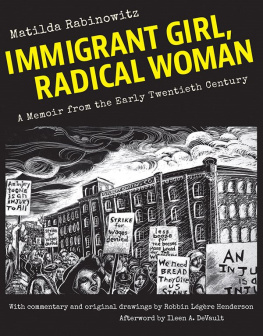
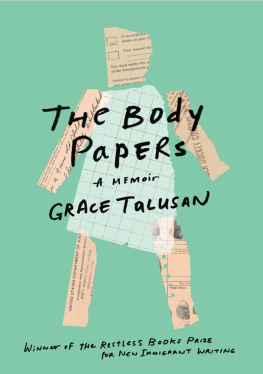

![Johnson - This boy: [a memoir of a childhood]](/uploads/posts/book/185323/thumbs/johnson-this-boy-a-memoir-of-a-childhood.jpg)
